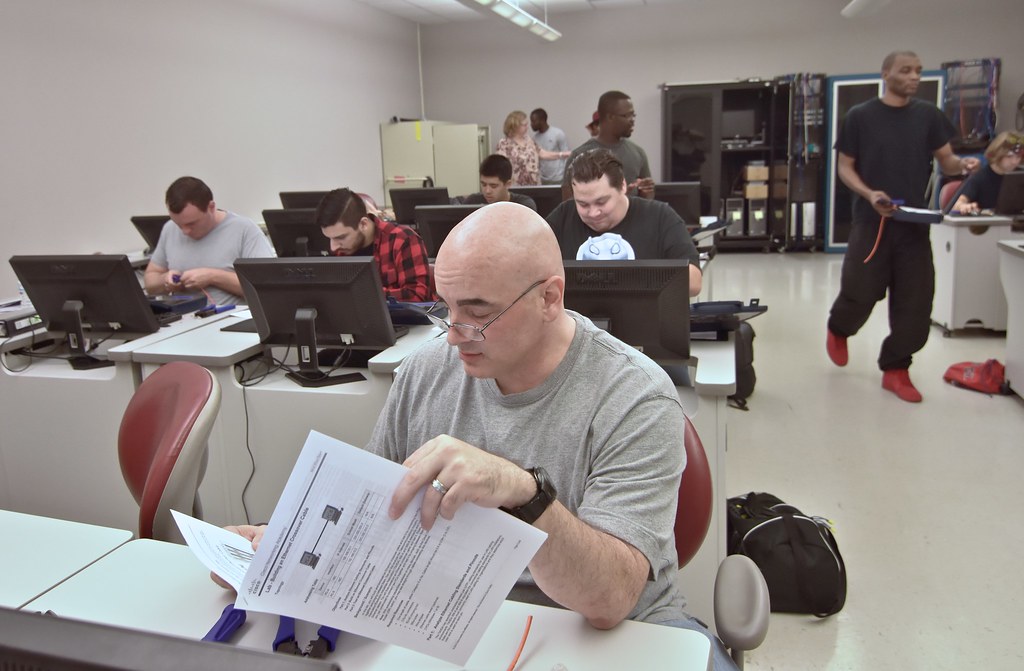Trump’s Latest Stance on Immigration Shocks Observers (Image Credits: Unsplash)
Storm clouds lingered over the Gulf Coast this fall, mirroring the growing tension in communities still reeling from back-to-back hurricanes.
Trump’s Latest Stance on Immigration Shocks Observers
President Trump recently declared that the ongoing immigration raids across the country simply haven’t gone far enough. This bold statement came during a rally, where he emphasized the need for even stricter enforcement to protect American jobs and security. It’s a position that’s drawn sharp criticism from advocates who argue it ignores the human cost.
Supporters, however, see it as a necessary escalation in line with his long-held promises. With raids already ramping up in cities like Chicago, Trump’s words signal no slowdown ahead. The timing feels particularly raw, as hurricane-hit areas grapple with recovery.
One can’t help but wonder if this rhetoric will unify his base or further divide a nation stretched thin by natural disasters.
The Surge in Raids: What’s Happening on the Ground
Enforcement actions have intensified since early 2025, targeting workplaces and neighborhoods with high immigrant populations. Reports from NPR highlight how the National Guard’s involvement has blurred lines between military and immigration duties. In Chicago alone, threats of prosecution against local leaders have heightened fears.
Families are left in limbo, with children missing school and workers vanishing overnight. The American Immigration Council notes early economic ripples, like labor shortages in key industries. Yet Trump insists more is needed to deter illegal crossings.
This wave of operations isn’t just about numbers; it’s reshaping daily life in affected communities.
Hurricanes and Immigration: An Unlikely but Tense Intersection
As Category 5 storms battered Florida and Jamaica this year, recovery efforts clashed with federal priorities on immigration. Posts on X buzzed with frustration over funds seemingly diverted – $59 million for housing immigrants in hotels while hurricane victims waited. Trump’s Project 2025 blueprint, critics say, would slash disaster aid even further.
The National Immigration Law Center warns that mass deportations could worsen labor shortages in rebuilding zones, where immigrant workers are vital. Imagine trying to repair storm-damaged homes without the hands that built so much of the infrastructure. It’s a recipe for prolonged hardship.
Still, administration officials frame raids as essential, even amid the chaos of recovery.
Economic Fallout: Workers, Jobs, and the Bigger Picture
A study from Axios projects that aggressive policies could shrink the U.S. workforce by 15 million by 2035, hitting sectors like construction and agriculture hardest. Hurricane-struck areas, already short on labor, stand to lose the most. The Hill reported similar concerns, linking enforcement to slowed growth.
Local economies in places like Los Angeles feel the pinch too, with raids disrupting businesses reliant on immigrant labor. One farmer in Florida shared how his crew dwindled post-storm, delaying rebuilds. Trump’s team counters that it protects citizen opportunities.
- Construction delays in storm zones due to deportations.
- Agricultural output drops, raising food prices nationwide.
- Service industries strained, from hotels to healthcare.
- Long-term GDP hit estimated at trillions over a decade.
- Family separations adding mental health burdens on communities.
Mental Health Toll on Families and Kids
The raids are taking a hidden toll, especially on children. A 2025 update from immigrant law firms details spikes in PTSD and anxiety among kids fearing parental arrest. Schools in raid-heavy areas report higher absenteeism and trauma cases.
Adults aren’t spared either, with depression rates climbing as livelihoods vanish. In hurricane aftermath, this compounds the stress of lost homes and jobs. Counseling services are overwhelmed, yet funding lags behind the need.
Experts call for a more compassionate approach, but Trump’s call for escalation suggests otherwise.
Legal Battles and Political Pushback
Courts are buzzing with challenges to the administration’s tactics. CNN covered October disputes over Guard deployments in Democratic cities protesting the raids. Mayors face threats, turning local governance into a battleground.
Opponents argue it violates civil rights, while backers see it as upholding the law. The Los Angeles Times highlighted rising deaths linked to enforcement, urging restraint. As 2025 winds down, these fights could define midterm dynamics.
| Issue | Pro-Enforcement View | Critic View |
|---|---|---|
| Raid Scale | Essential for security | Cruel and disruptive |
| Hurricane Aid | Prioritizes citizens | Diverts vital resources |
| Workforce Impact | Boosts local jobs | Harms economy long-term |
Looking Ahead: What This Means for America
Trump’s unyielding stance on raids amid 2025’s hurricane woes underscores a nation at crossroads. Balancing security with humanity, and disaster recovery with policy goals, won’t be easy. The real question is how these tensions play out in the coming months.
Key Takeaways:
- Raids are intensifying, but at what cost to communities?
- Hurricane recovery suffers from policy clashes and labor gaps.
- Economic studies predict major workforce and growth hits.
In the end, this push tests America’s resilience – both after storms and in the face of division. What do you think about the balance between enforcement and empathy? Share in the comments below.








